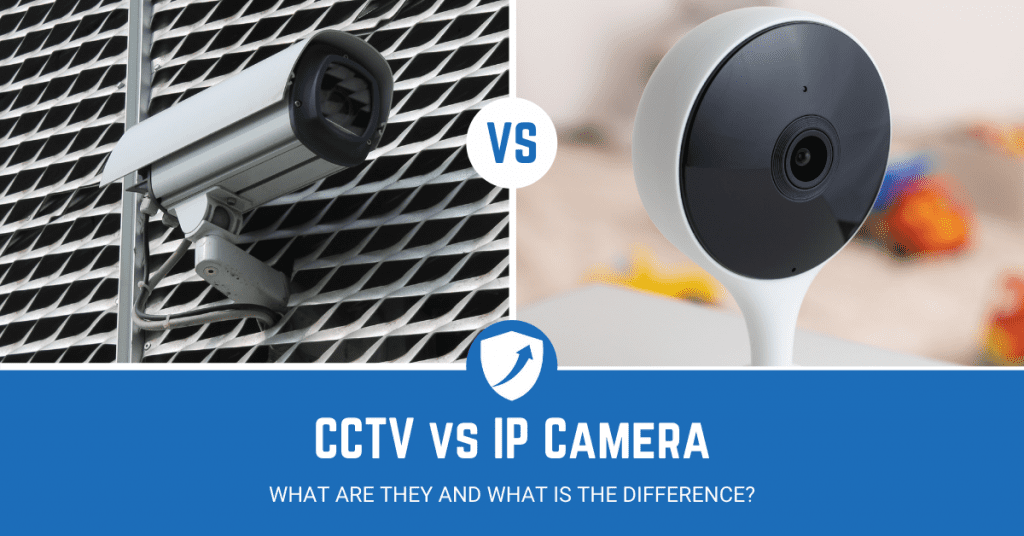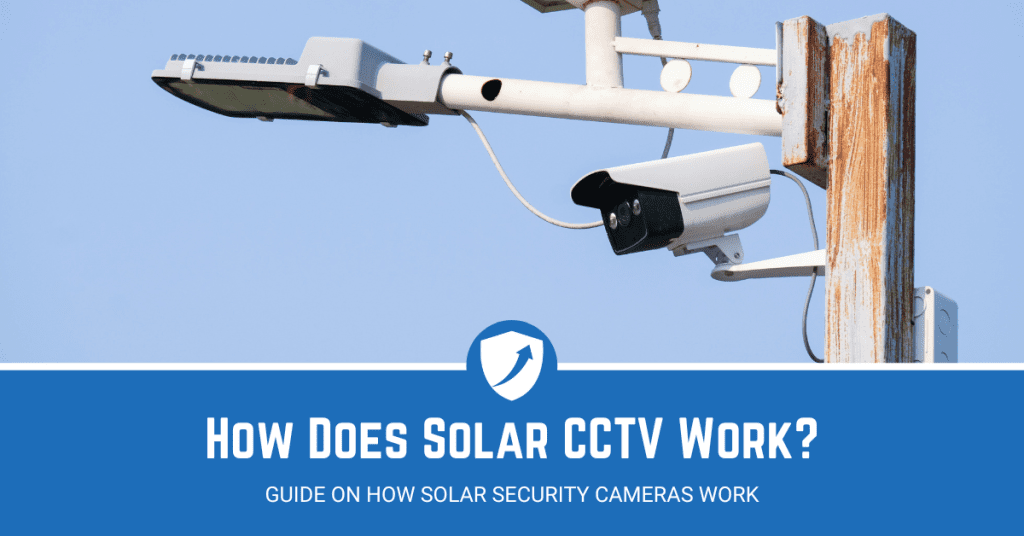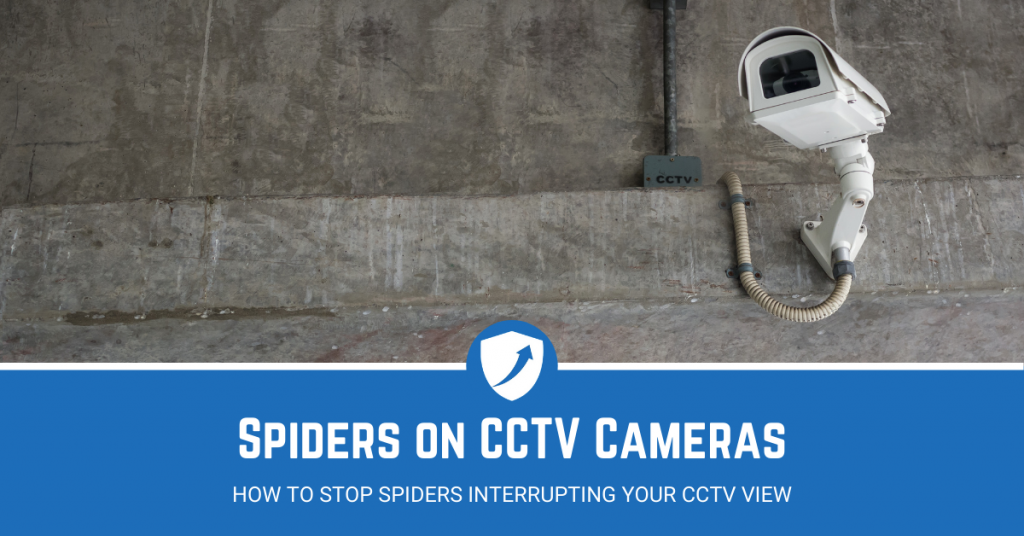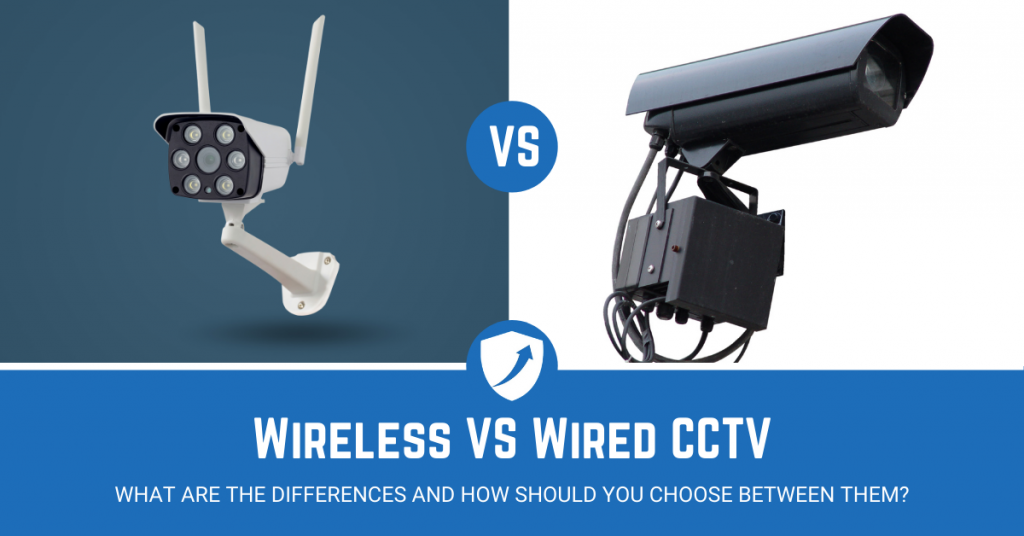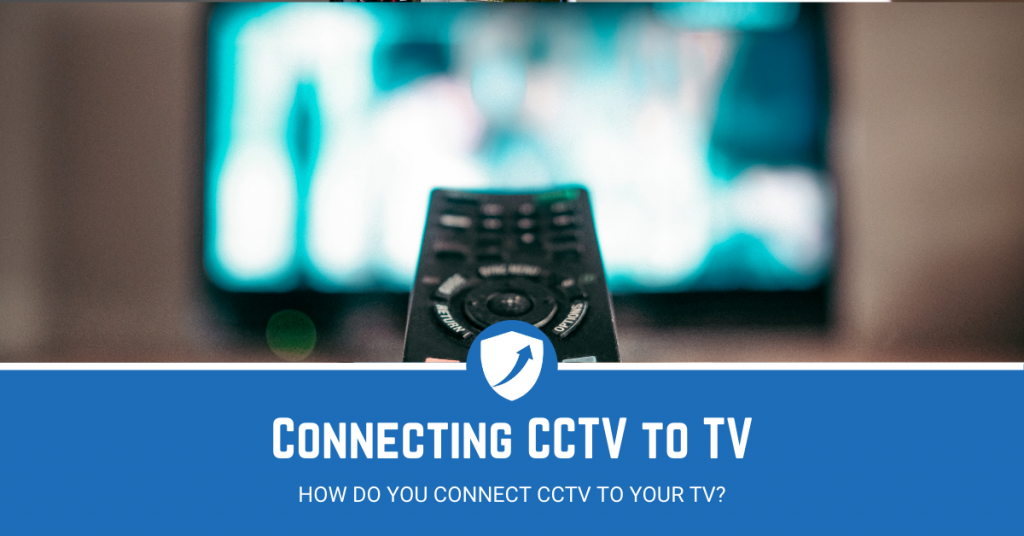Homeowners today are becoming increasingly conscious of their security. With advancements in technology, CCTV cameras have become a popular choice.
But one question often lingers: how long is CCTV footage kept?
Dive into this guide to discover the intricacies of CCTV recordings, how long they last, and the legal nuances surrounding their retention.
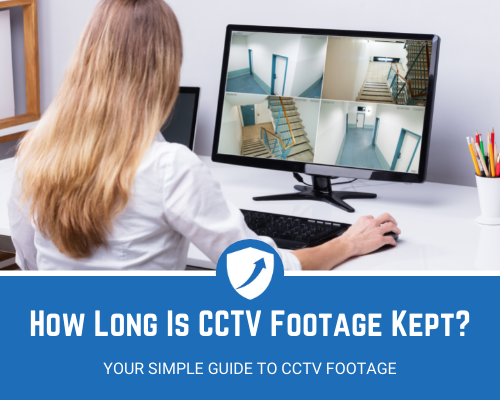
What's in this Guide?
Understanding CCTV Footage Duration
The Basics of CCTV Storage
CCTV cameras can either store their footage locally or on the cloud. The duration of how long CCTV footage is kept largely depends on a few factors:
- Type of storage: Local storage involves storing footage on physical devices like hard drives, while cloud storage saves it on remote servers.
- Quality of recording: High-definition recordings occupy more space, reducing the duration of storage.
- Recording mode: Some cameras record continuously, while others only record when they detect motion.
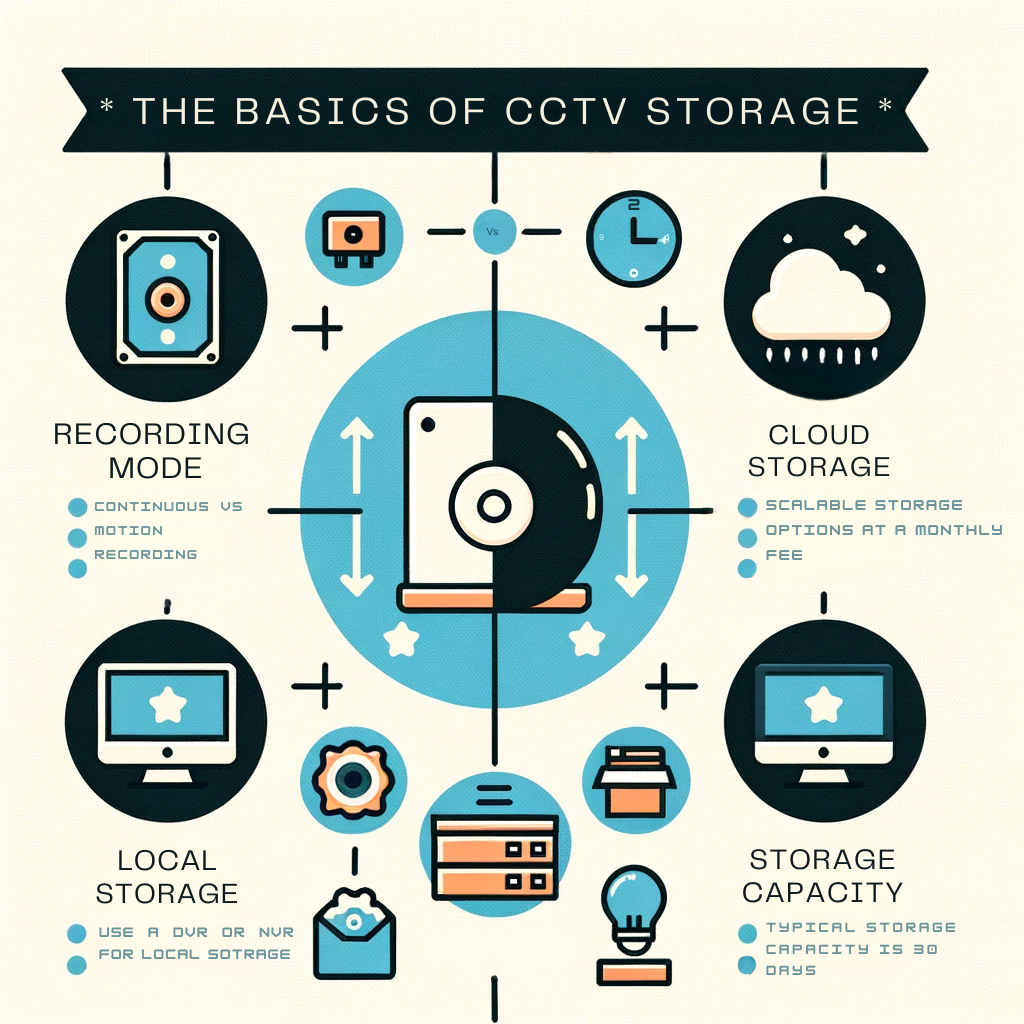
Variability in CCTV Footage Retention
There isn’t a one-size-fits-all answer to how long does CCTV footage last. The duration can vary based on:
- Camera specifications: Some cameras are designed to store more data than others.
- Storage capacity: A larger storage device or cloud subscription allows for longer footage retention.
“Understanding the specifics of your CCTV camera and storage can help determine how long your recordings will be retained.”
Laws and Regulations Surrounding CCTV Footage
Data Protection Laws and Home CCTV
When installing CCTV cameras, especially in the UK, homeowners need to be wary of CCTV legal requirements. How long is CCTV footage kept in the UK-specifically?
The General Data Protection Regulation (GDPR) has set guidelines for personal data collection, and this includes CCTV recordings.
As a homeowner, you have certain responsibilities to ensure the privacy of those captured in the footage.

Retention Duration: Legal Recommendations
Legally, there isn’t a fixed duration for how long CCTV should last for in the UK.
However, the recommendation is to keep footage only as long as necessary to achieve the purpose of the recording. After this period, footage should be overwritten or deleted.
There are other legal requirements to be aware of when installing CCTV in the UK, including CCTV audio guidelines as well as legal requirements when installing CCTV overlooking your neighbour.
- Reason for recording: If you’re recording for security, once you feel secure, older recordings can be deleted.
- Incidents: If an incident occurs, related footage should be saved for evidence purposes.
| Purpose of Recording | Suggested Retention Period |
|---|---|
| Security | 30 days |
| Incident Evidence | Until the resolution of the incident |
| Legal Requirements | As per specific legal guidelines |
“Always ensure that the retention of CCTV footage aligns with the legal guidelines, especially in the UK. Over retention could lead to legal complications.”
Choosing the Right CCTV System for Optimal Footage Duration
Understanding Your Home’s Security Needs
Before diving into CCTV camera record options, assess your home’s requirements. Consider:
- Location: Cameras placed at main entrances may need longer storage due to high activity.
- Vulnerability: If certain spots are more vulnerable, it’s wise to have cameras that can store footage for longer durations.
Exploring Storage Options
Understanding how long do CCTV cameras keep footage requires delving into storage types.
- Cloud subscriptions: Offer scalable storage options but come with monthly fees. With cloud, it often depends on your subscription plan.
- Local storage: Devices like DVRs or NVRs store recordings. They have a finite capacity, meaning how long CCTV lasts is restricted to the device’s size. Once full, older recordings are overwritten.
“It’s crucial to regularly check storage devices and ensure they’re functioning correctly to avoid loss of crucial recordings.“
The Importance of Quality in CCTV Recordings
While the duration of how long CCTV footage is kept is crucial, quality shouldn’t be compromised. Here’s why:
- Clearer Images: Clear CCTV footage ensures that faces, license plates, and other vital details are clearly visible. This can be pivotal if the footage is needed for evidence.
- Better Night Vision: High-quality cameras often come with superior night vision capabilities, ensuring clarity even in low light conditions.
“It’s not just about how long you keep the footage, but how clear and useful that footage is when you need it.”
The Role of Maintenance in Ensuring Continuous CCTV Recording
Ensuring that your CCTV system functions seamlessly involves regular maintenance. Here’s a straightforward CCTV maintenance checklist:
- Clean Camera Lenses: Dust and smudges can impair the clarity of recordings.
- Check Storage Devices: Regularly ensure DVRs or NVRs are working correctly. Replace or upgrade as needed.
- Update Software: Keep your CCTV system’s software updated to benefit from the latest features and security patches.
- Ensure Cameras are Properly Positioned: Cameras might move due to winds or accidental nudges. Regularly check their positioning.
- Inspect Wiring: Ensure all connections are intact. Replace any worn-out cables.
Incorporating Modern Technologies
Modern CCTV systems are no longer just about recording. Incorporating new technologies can enhance security:
- Motion Detection: Cameras start recording only when motion is detected, ensuring efficient storage usage.
- AI Integration: Some cameras can now differentiate between humans, animals, and vehicles, sending specific alerts.
- Remote Access: Modern systems allow homeowners to access CCTV camera footage remotely, ensuring they’re always in the loop.
Common Questions About CCTV Footage Duration
When it comes to CCTV recordings, homeowners often have a slew of questions. Let’s address some of the most common queries:
- How far back can CCTV go? This depends on storage capacity and recording settings. With larger storage and motion-detection recording, CCTV can retain footage for extended periods, sometimes even months.
- How long does CCTV footage last in the UK specifically? While there’s no set duration, UK regulations emphasize retaining footage only as long as necessary, typically around 30 days for security purposes unless an incident requires longer retention.
- Does CCTV footage get deleted automatically? In most systems, once storage is full, the oldest recordings are overwritten by new footage. However, some systems alert users when storage is nearing capacity.
- How long do CCTV cameras keep footage? This varies based on storage type (cloud or local) and capacity. A standard home system usually retains footage for about 15-30 days.
- Can police recover deleted CCTV footage? If footage has been overwritten, recovery is challenging. However, if it’s been deleted but not overwritten, specialized software might retrieve it.
Conclusion
Understanding how long CCTV footage is kept is more than just knowing the duration.
It’s about ensuring the system aligns with legal guidelines, offers quality recordings, and serves the security needs effectively. As homeowners look to secure their premises, being informed about CCTV recordings is pivotal.
For more in-depth insights on CCTV, home security, and the nuances of CCTV recording, delve deeper into Upcoming Security’s vast array of articles. Ensure your home’s security is backed by knowledge and expertise.







